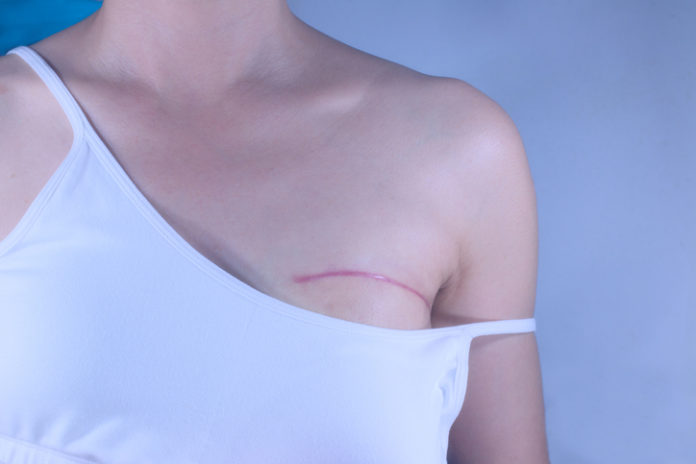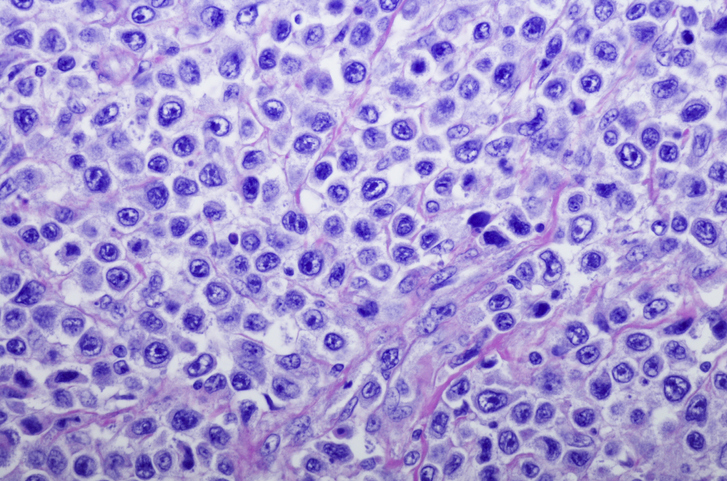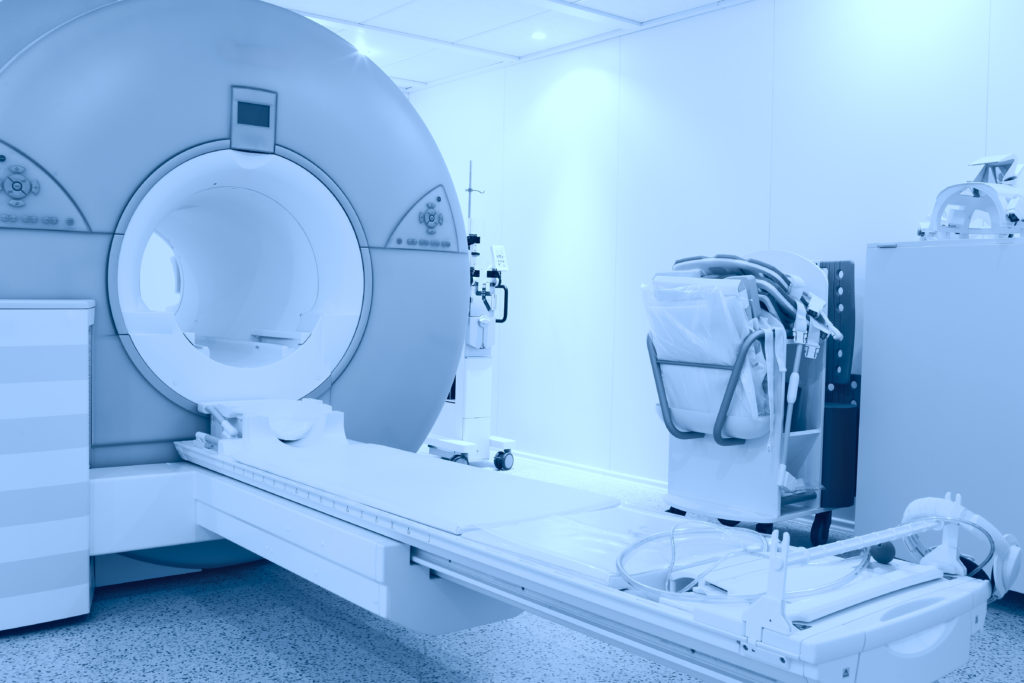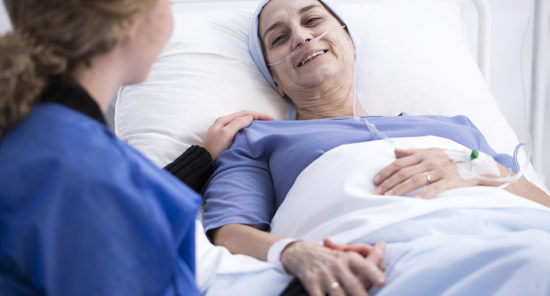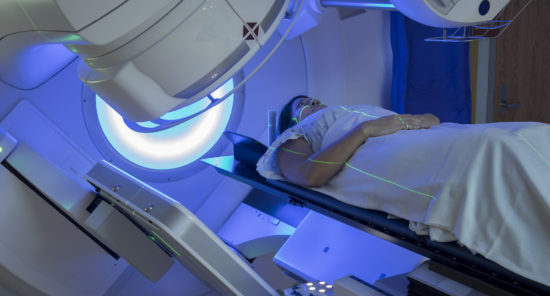Women who underwent more extensive breast cancer surgery had worse psychosocial outcomes, particularly poorer body image, sexual health, and anxiety, according to a study.
“Young women with breast cancer are increasingly choosing bilateral mastectomy (BM), yet little is known about short-term and long-term physical and psychosocial well-being following surgery in this population,” the researchers explained in their reason for undertaking the study.
The multicenter, cohort study spanned academic and community hospitals in North America and encompassed women aged ≤40 years diagnosed with stage 0 to 3 unilateral breast cancer between 2006 and 2016. All women underwent primary breast surgery—breast-conserving surgery (BCS), unilateral mastectomy (UM), or BM—and filled out QOL and psychosocial assessments. The primary outcomes were physical functioning, body image, sexual health, and anxiety and depressive symptoms.
Final analysis encompassed 826 women with a mean age at diagnosis of 36.1 years; the cohort was 86.7% white. The most prevalent surgery type was BM (45%), followed by BCS (31%) and UM (24%). Most women who underwent BM or UM had reconstruction (84%). Women who underwent BM had improved physical functioning, sexuality, and body image over a five-year period, but compared to women who underwent BCS, at one and five years, they had worse (defined as higher adjusted mean scores) body image (year 1, 1.32 vs. 0.64, respectively; year 5, 1.19 vs. 0.48, respectively; P<0.001 for both) and sexuality (year 1, 1.66 vs. 1.20, respectively; year 5, 1.43 vs. 0.96, respectively; P<0.001 for both); the same was true when comparing women who underwent BM versus UM (body image—year 1, 1.32 vs. 1.15, respectively; P=0.06; year 5, 1.19 vs. 0.96, respectively; P=0.02; sexuality—year 1, 1.66 vs. 1.41, respectively; P=0.02; year 5, 1.43 vs. 1.09; P=0.002). All women experienced improvements in anxiety over time, but women who underwent BM had consistently higher adjusted mean scores than women who underwent BCS (year 1, 7.75 vs. 6.94, respectively; P=0.005; year 2, 7.47 vs. 6.18, respectively; P<0.01; year 5, 6.67 vs. 5.91, respectively; P=0.05) or UM (year 1, 7.75 vs. 6.58, respectively; P=0.005; year 2, 7.47 vs. 6.07, respectively; P<0.001; year 5, 6.67 vs. 5.79, respectively, P=0.05). Depressive symptoms did not largely differ among the groups.
Reporting in JAMA Surgery, the study authors concluded, “While QOL improves over time, young breast cancer survivors who undergo more extensive surgery have worse body image, sexual health, and anxiety compared with women undergoing less extensive surgery. Ensuring young women are aware of the short-term and long-term effects of surgery and receive support when making surgical decisions is warranted.”
Credit: Original article published here.

